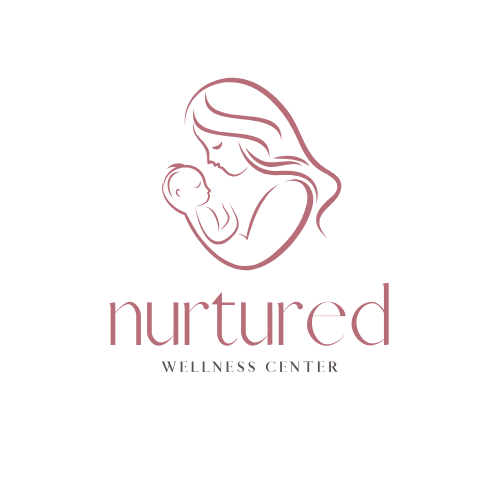Nurturing the Nurturer: The Crucial Importance of Postpartum Care for Mothers
The miracle of childbirth brings immense joy, but it also ushers in a period of profound transformation and adjustment for new mothers. While pregnancy and delivery receive considerable medical attention, postpartum care for mothers often doesn't receive the same level of focus. In this article, we delve into the critical importance of postpartum care for mothers and why it deserves greater recognition.
Physical Recovery:
The postpartum period is a time when a mother's body undergoes significant physical changes. The process of childbirth places immense strain on the body, whether through vaginal delivery or a cesarean section. Postpartum care is essential for monitoring the healing process, addressing any complications, and ensuring that the mother is on the path to healing.
Hormonal and Emotional Well-being:
The hormonal fluctuations that accompany childbirth can lead to mood swings and emotional challenges, commonly known as the "baby blues." For some mothers, this can escalate into postpartum depression, a serious condition that affects both the mother's well-being and her ability to care for her child. Postpartum care includes emotional support and monitoring to identify and address these issues promptly and I will always encourage seeking further assistance. However, science has shown that postpartum support has led to a decrease in the risk of postpartum anxiety, postpartum depression, etc.
Bonding and Breastfeeding/bottle-feeding Support:
The postpartum period is a crucial time for bonding with the newborn. Skin-to-skin contact, cuddling, and breastfeeding are essential components of this process. Adequate postpartum care ensures that mothers receive guidance and support in establishing a strong bond with their infants and addressing any breastfeeding/bottle-feeding challenges they may encounter. I offer both support with breastfeeding and with bottle-feeding.
Managing Pain and Discomfort:
Recovery from childbirth can be painful, and mothers may experience discomfort in various forms. Postpartum care provides pain management strategies and guidance on how to alleviate discomfort, enhancing the mother's overall well-being and ability to care for her baby. I provide a holistic approach to healing as well as offering meal preparations of nutrient dense foods to ensure whole healing.
Addressing Postpartum Complications:
Complications can arise during the postpartum period, such as infections, excessive bleeding, or issues related to the healing of a cesarean incision. Timely postpartum care helps identify and address these complications, ensuring the mother's safety and reducing potential long-term health risks. While I am not a doctor and cannot assess or diagnose, I can help you identify when there are complications and will always encourage you to visit with your OB-GYN, midwife, or in emergencies, encourage you to visit the emergency room.
Encouraging Self-Care & building confidence:
Mothers often prioritize their baby's needs above their own, neglecting self-care in the process. Postpartum care emphasizes the importance of self-care and provides mothers with the guidance and support to prioritize their physical and mental health. Support also includes helping siblings and animals with adjusting to your new rhythms as we focus on building up your confidence as a mama.
Promoting Rest and Recovery:
Sleep deprivation is a common challenge for new mothers, impacting their physical and emotional well-being. Postpartum care encourages adequate rest and offers strategies to help mothers get the sleep they need, which is essential for recovery and overall health.
Building a Support System:
Postpartum care involves creating a strong support system for new mothers. This can include healthcare professionals, family, friends, or support groups. Having a reliable network of individuals who understand and empathize with the challenges of new motherhood is invaluable. We create your village together!
Recognizing the Mother's Emotional Journey:
Every mother's postpartum experience is unique, and some may face emotional struggles or feelings of inadequacy. Postpartum care ensures that these emotions are acknowledged and provides mothers with resources to cope and seek help when needed. Again, as I am not a doctor or therapist, if there are instances that are outside of my scope of practice, I will always refer you to someone who can further help!
all in all, postpartum care for mothers is not an optional luxury but a fundamental component of maternal and child health. It encompasses physical recovery, emotional well-being, pain management, breastfeeding support, and addressing complications. By prioritizing postpartum care, we empower mothers to heal, bond with their newborns, and navigate the challenges of early motherhood with confidence. A healthy and supported mother is better equipped to provide the love and care that her baby needs, setting the foundation for a strong and nurturing family. It is our collective responsibility to ensure that postpartum care receives the recognition and resources it deserves to safeguard the well-being of mothers and their precious infants.
to learn more about the postpartum support i offer, click here!
Xo,
Kailee

